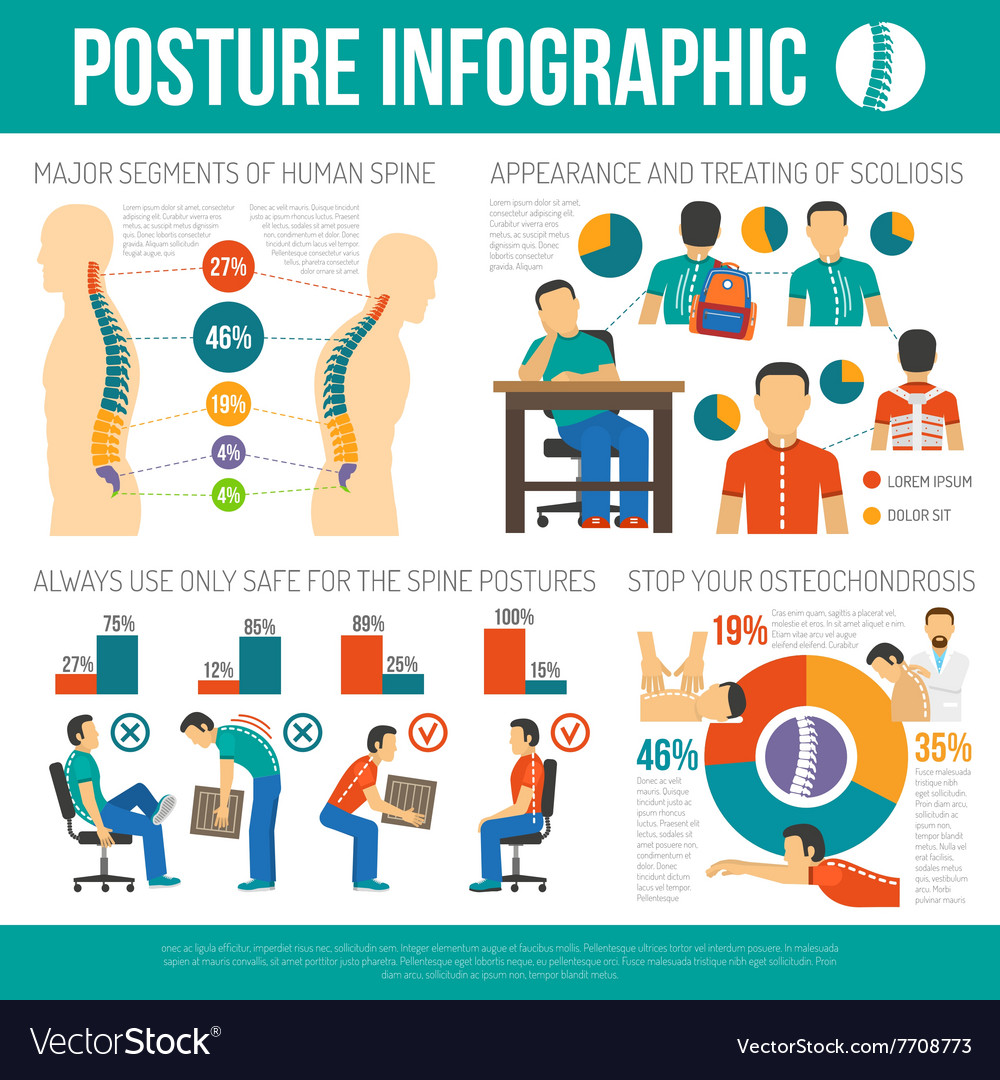The Impact Of Diet On Neck And Back Pain Monitoring: Foods To Integrate And Foods To Leave Out
The Impact Of Diet On Neck And Back Pain Monitoring: Foods To Integrate And Foods To Leave Out
Blog Article
Short Article Composed By-Singer Wheeler
When it involves handling your pain in the back, the food selections you make can substantially influence just how you really feel every day. Think of having the ability to relieve your pain simply by changing what you consume. By understanding the duty of nourishment in back pain administration and understanding which foods to integrate or avoid, you can take positive actions in the direction of a much healthier and more comfy way of living. The connection between nutrition and back health is a lot more profound than you might recognize-- let's discover just how specific foods can either soothe or worsen your neck and back pain.
Significance of Nutrition in Pain In The Back
Nutrition plays a vital function in managing back pain. Your diet regimen can substantially impact inflammation degrees and total pain degrees in your back. Consuming a balanced diet rich in nutrients like vitamins D and K, calcium, magnesium, and omega-3 fats can help reduce inflammation and reinforce bones, which are vital for back health and wellness.
Additionally, maintaining a healthy weight with proper nourishment can ease anxiety on your back, minimizing the risk of neck and back pain.
Additionally, particular nutrients like antioxidants found in fruits and vegetables can aid deal with oxidative stress and anxiety and promote recovery in the body, consisting of the back muscle mass and back.
On the other hand, consuming too much quantities of refined foods, sweet drinks, and harmful fats can contribute to inflammation and weight gain, intensifying neck and back pain.
Foods to Eat for Back Health
To sustain a healthy back, including nutrient-rich foods into your day-to-day dishes is essential. Including foods high in antioxidants like berries, spinach, and kale can help reduce inflammation in your back, alleviating discomfort and discomfort. Omega-3 fats found in fatty fish such as salmon and mackerel have anti-inflammatory residential properties that can benefit your back wellness.
Furthermore, consuming https://www.vieravoice.com/business/people-on-the-move-nov-2021/article_08daabc4-3692-11ec-b589-f7afa5690c84.html and seeds like almonds, walnuts, and chia seeds offers crucial nutrients like magnesium and vitamin E, which support muscular tissue feature and minimize oxidative stress and anxiety. Incorporating https://when-to-see-doctor-after73940.blogadvize.com/39288613/you-could-be-amazed-to-find-out-that-many-misunderstandings-concerning-chiropractic-care-stem-from-a-lack-of-understanding-discover-the-truth-behind-these-misconceptions as poultry, turkey, and tofu can assist in muscle mass repair and maintenance, advertising a solid back.
Don't fail to remember to include dairy products or strengthened plant-based alternatives for calcium to sustain bone health. Lastly, moisten with a lot of water to keep your spine discs moistened and functioning efficiently. By consisting of these nutrient-dense foods in your diet plan, you can nourish your back and support total spinal wellness.
Foods to Avoid for Back Pain
Go with avoiding processed foods high in added sugars and trans fats when seeking relief from back pain. These types of foods can add to swelling in the body, which might intensify back pain. Say no to sugary treats like candy, breads, and sweet beverages, in addition to junk food items like burgers, fries, and fried hen that are frequently loaded with trans fats.
Additionally, avoid foods consisting of high degrees of refined carbs, such as white bread, pasta, and pastries, as they can surge blood sugar level levels and possibly intensify swelling in the body.
It's additionally important to limit your consumption of foods high in hydrogenated fats, like red meat and full-fat milk items, as they can add to swelling. Refined foods like deli meats, chips, and packaged treats are usually high in saturated fats and should be consumed in moderation.
Final thought
In conclusion, taking note of your diet and making wise food choices can have a substantial influence on handling back pain. By integrating nutrient-rich foods like berries, fatty fish, nuts, and lean healthy proteins, and avoiding refined and sweet products, you can help reduce inflammation and support in general back wellness. Remember, what you consume plays a critical function in exactly how you really feel, so make certain to prioritize your nutrition for a much healthier back.
